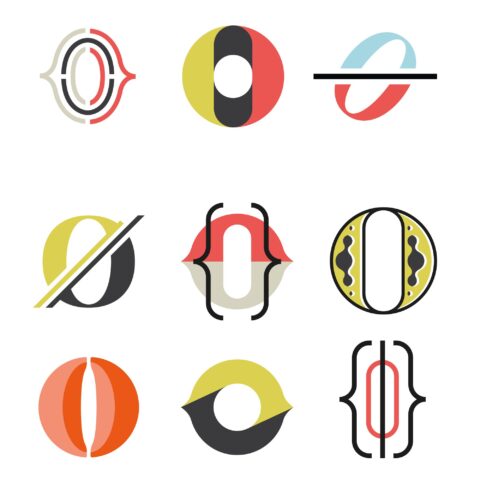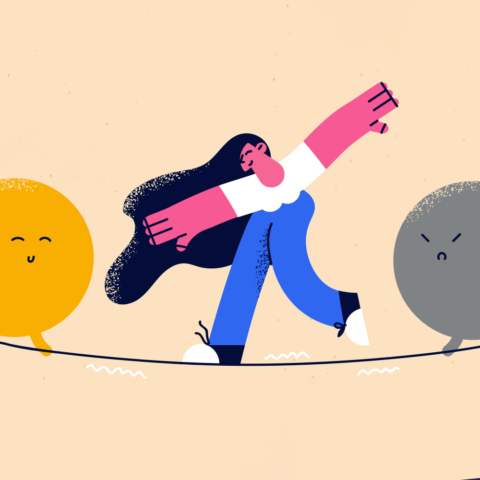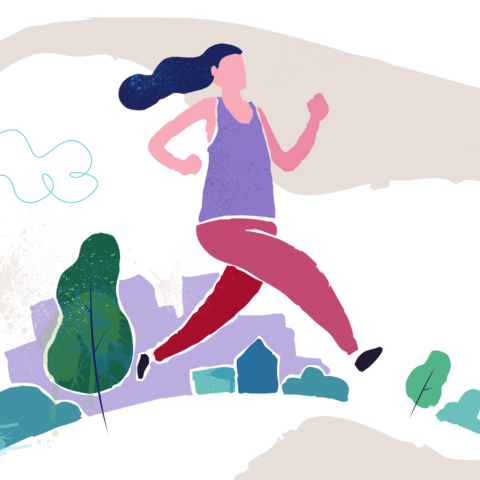Anxiety. It’s something that is being talked about a lot more, especially in recent times – and we’ve all experienced it at various levels during the past few years. We all know how that anxious feeling can manifest itself in our tumbling, turbulent thoughts, and we might also have an inkling of how it can manifest in our bodies.
Anxiety can have very real, physical effects, and it’s those effects – and how our responses to anxiety vary from person to person – that’s an interesting emerging area of study for Kiwi scientists.
Otago-based neuroscientist Dr Olivia Harrison is delving into understanding anxiety, and how different people respond to difficult feelings.
Dr Harrison says it’s important to understand the difference between common, everyday feelings of anxiety – which we can cope with – and the actual clinically-diagnosed condition of anxiety.
“The language can be a little bit confusing,” she says, “because anxiety itself – being worried about something, being anxious about something – is perfectly normal. That’s a really normal response to scary situations. And with the pandemic of the last few years it has been really scary for a lot of people. So it’s expected that we’ll have higher levels of worry and higher levels of anxiety.”
Worry is not all bad. It has served us well, in an evolutionary sense.
“If we didn’t have worry as a society, we wouldn’t survive,” Dr Harrison points out. “It’s what has kept us alive. If we didn’t fear the tiger, then we wouldn’t have run from the tiger. It’s also good to know that it’s okay to feel worry. And especially in the current situation, we’re all going to be a little bit worse for wear.”
Clinical anxiety, though, is different.
“That’s when those sorts of behaviours are impeding your life more. So they’ve become more destructive, and they’re stopping you doing the things you want to do. So that’s where we’d look to step in [with treatment], because those destructive behaviours can be really disabling for people.”
One in four Kiwis is at risk of developing mental health struggles, and anxiety is one of the most prevalent mental health conditions, especially for women. But when it comes to managing and responding to anxiety, no two people are the same.
Dr Harrison is interested in how to help those of us who might be more susceptible to moving from regular, everyday anxiety into the destructive clinical anxiety zone.
“I’m really interested in elevated anxiety in the normal population – what we sometimes refer to as the ‘worried well’. So we are perfectly functioning, but maybe have slightly higher levels of worry than your typical person.”
For those people, identifying that – and putting strategies in place to stop anxiety getting out of control – could be a valuable health intervention. What Harrison and her fellow researchers have already uncovered is that those of us who are naturally a bit more anxious might actually be less in tune with our bodies – and in particular, be less sensitive to changes in breathing.
It’s a counterintuitive finding, she says, “because if you’re a more anxious person, you typically think that you’re quite in tune with your body; that you are quite vigilant towards your body. But actually what we found is the opposite: you are less sensitive to changes.
“So you might be concentrating on your body a lot, but actually with those small stimuli that give you sensations, you need a bigger stimulus for you to actually be able to feel it. It might be because we’re operating at a slightly higher level of tension . . . so even though we think we are tuning in, we’re not as sensitive as we think.”
This can cause real problems when we fail to take note of our own anxiety-induced symptoms such as shortness of breath, headaches, gut troubles and more, sending us into a downward spiral of worry-exacerbating-symptoms-exacerbating-worry. But understanding our own tendencies can be helpful, Harrison says.
“I’ve spoken to lots of people about these results and they’re like, that makes so much sense!” she smiles. “It’s definitely something that resonates with people. And just having the words to describe that and to understand what’s going on can be really helpful.”
Harrison is now looking at how treatments such as exercise and anxiety medication may help improve symptom perception, knowledge she hopes will help create innovative individualised treatment plans in the future. And for her, being aware of her own anxiety, this work is quite personal.
“As researchers, we do what we are interested in and what resonates with us,” she says. “I’m aware that I am a highly anxious person. I’d put myself classically in that ‘worried well’ category. So I’m very aware of trying to manage that.”
And what does she say to those who ask for her advice on struggling with day-to-day anxiety?
“I don’t get it right all the time at the moment. Everyone says: tell me how you manage. Well, I don’t always manage. And that’s okay.”
*Dr Olivia Harrison was awarded the 2021 L’Oréal- UNESCO For Women in Science fellowship to help with her anxiety research.
Coping with everyday anxiety: Remember what makes you happy
When times are stressful, Dr Harrison says we don’t have to completely overhaul our lives to feel better.
“The advice I always give is: have a think about what you do in your life that makes you really happy. Start there, and incorporate more of that.
Things we do just for fun are easy to scrub off our lists, she says, but we should do the opposite and figure out how we can carve out a little bit more time to do them, for an easy win.
“Starting with things we’re already doing is really nice,” she says. “It’s not something new. It’s not that I’m going to detox and change my whole lifestyle. Instead, it’s how do I do something I already know is important and makes me feel good. For me, I love baking
and exercise.”
She also stresses that if your anxiety is feeling debilitating, it’s time to seek help. “If it’s becoming destructive, the first step is talking to your friends and family and then seeking more help.”
If you’re struggling and need to talk, call or text 1737 for free any time.








